
A Comprehensive Guide to Understanding HIV and AIDS
A Comprehensive Guide to Understanding HIV and AIDS In today’s world, health awareness plays a pivotal role in promoting overall well-being. One of humanity’s most
Almost all women who are sexually active would have Googled contraception methods. Figuring out which method of contraception is the best for you and your partner can be frustrating. It isn’t spoken about freely and it can be difficult to find out what methods are available to you. Below we’ve collected all the important information you need to know. We have also explored the pros and cons of each contraceptive method to help you compare your options easily.
So, here we go.
Firstly, what is contraception?
Contraception, also known as birth control, is the use of artificial methods and techniques to prevent pregnancy.
Birth control – the different types
There are 5 general types of birth control methods and each works in a different way. Some are temporary and some are more permanent. Some prevent the sperm from meeting the egg whilst some prevent the egg from releasing. Either way, the goal of all the contraception methods is to prevent unwanted and unplanned pregnancies.
It is also important to note that birth control and contraception is not the same as prevention of sexually transmitted infections (STI). Condoms are the only method that prevents the spread and transmission of STI’s so it is advised that you combine the use of condoms with other types of contraception.
1. Short-acting hormonal contraception
Short-acting hormonal contraception methods adjust the hormone level in the woman’s body making pregnancy much less likely to happen. Some of the commonly used short-acting hormonal contraception methods are the daily use birth control pill and the hormonal injection. Both of these methods require a prescription from your doctor.
The birth control pill
There are 2 types of birth control pills available: the progestin-only pill and the combination pill (which contain both progestin and estrogen).
The hormones released by the pill prevent the release of the egg, the thickening of the uterus and the cervical muscle making it harder for the sperm to enter the uterus. By taking the pill at the same time every day, you maintain a steady level of the hormones in your body, making it a very effective form of pregnancy prevention.
With perfect use, it’s over 99% effective.
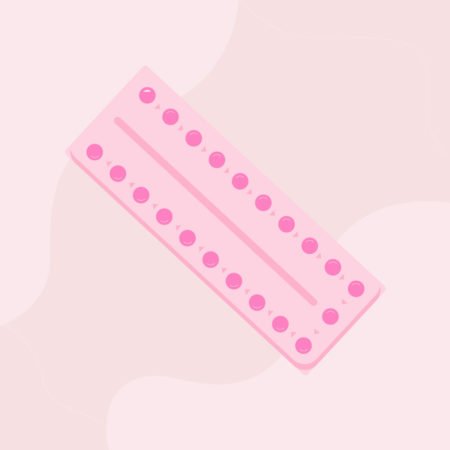
Pros
Cons
The Hormonal Shot
The hormonal injection is administered by the doctor every 1 or 3 months to the woman. Like the birth control pill, this too prevents the release of the egg and thickens the cervical muscle making it difficult for the sperm to enter the uterus.
Pros
Cons
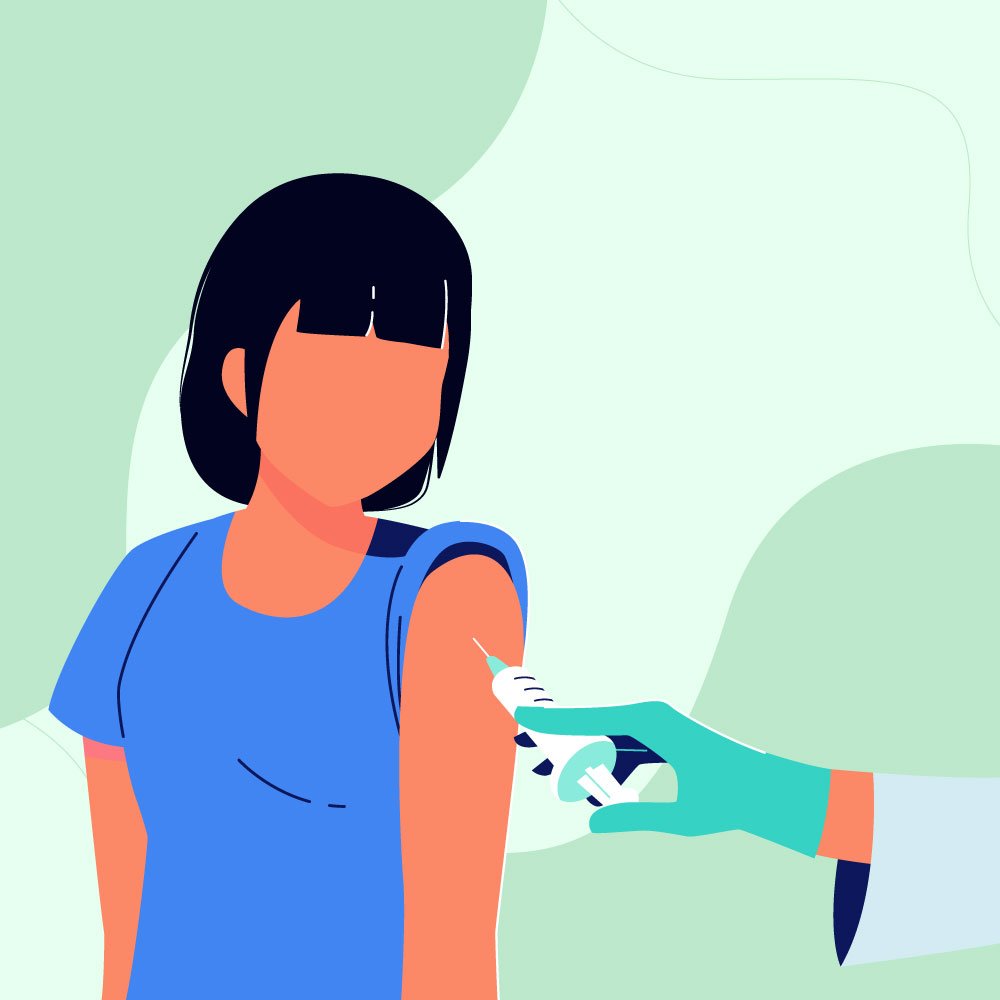
2. Long-term contraception
This is a good option if you want lasting contraception with little maintenance. Available options include an implant inserted into your arm or an intrauterine device (IUD) inserted into your uterus. These methods are 99% effective at preventing pregnancy. They’ll work for 3–10 years, depending on the particular method you choose.
Implant
The doctor will place 1 or 2 silicone rods under the skin in the arm of the woman. The rods will release the hormone, progestogen into your bloodstream that prevents the release of egg into your uterus. The hormone also thickens the cervical muscle thus stopping the sperm from entering the uterus. Further, It thins the muscle of your womb making implantation of the egg less likely.
Pros
Cons
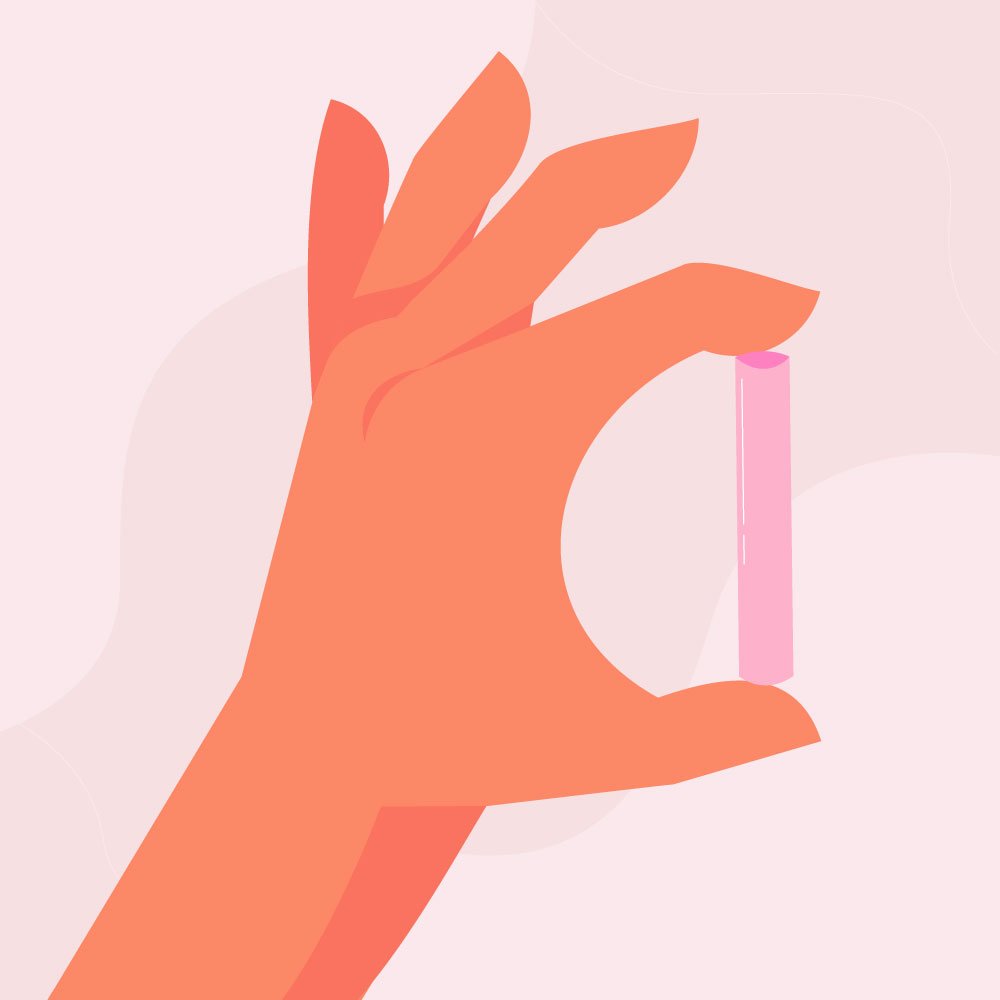
Intrauterine Device (IUD)
The IUD is a T-shaped copper device which is inserted into your womb by your doctor. There are 2 kinds of IUD you can get implanted, the hormonal IUD or the non-hormonal version.
The hormonal version releases the hormone progestin, which prevents sperm from fertilizing an egg. It also thins the uterine lining making implantation of the fertilised egg less likely and thickens the layer of mucus over the cervix to help block sperm from entering in the first place.
The non-hormonal device releases copper ions which has similar effects to progestin. The ion immobilises the sperm making it difficult for them to swim to the egg.
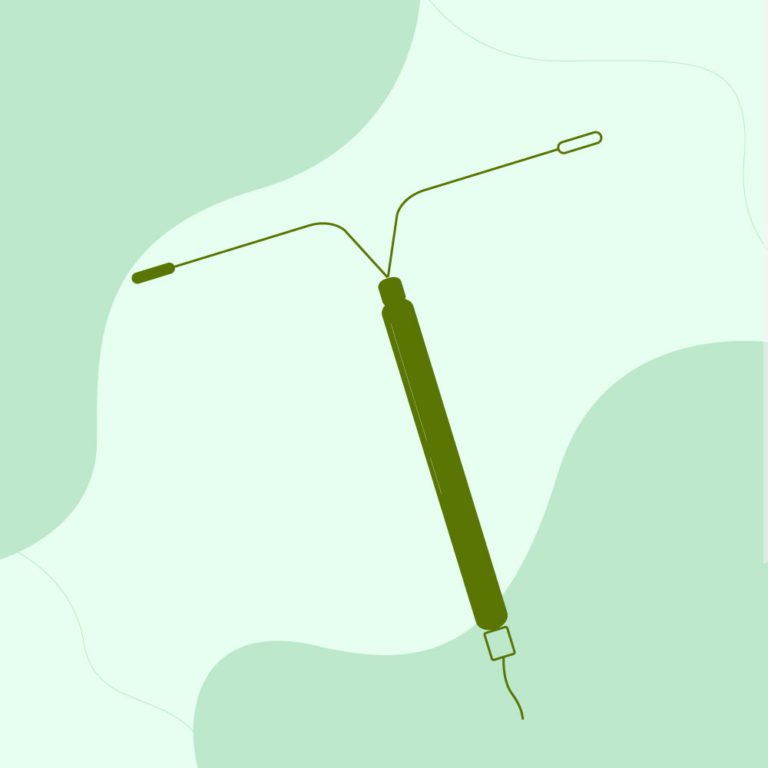
Pros
Cons
3. Single use barrier contraception
Male and female condoms, spermicides and cervical caps are all types of single use barrier contraceptives. As the name suggests, they act as a barrier between the sperm and the egg, preventing the sperm from fertilising the egg.
Condoms
Condoms are a sheath-shaped barrier device made of latex or polyurethane. The male condom is placed over the erect penis and when ejaculation occurs the semen is collected in the condom acting as a barrier preventing the sperm from entering the uterus. The female condom is inserted into the vagina preventing the sperm from reaching the egg. Condoms when used properly are the only form of contraception that effectively prevents pregnancy and STI transmissions.
Pros
Cons
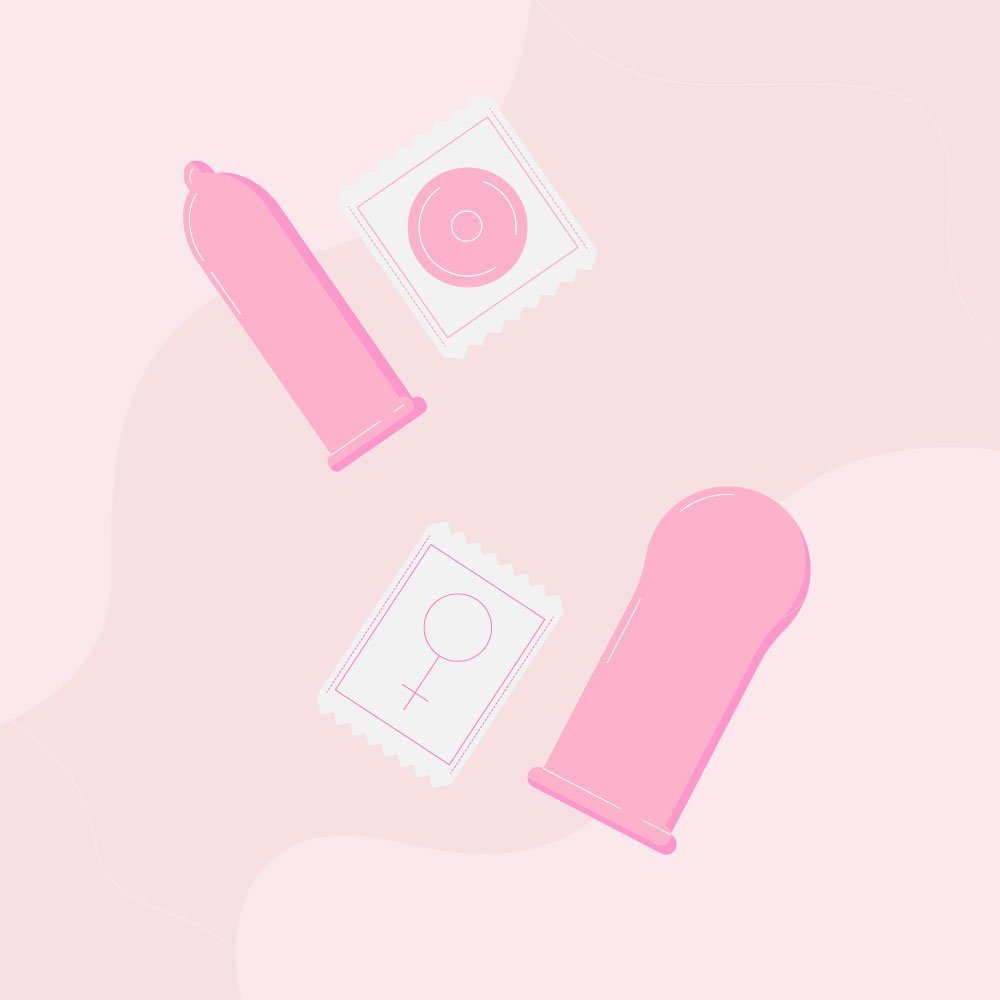
Permanent contraception
If you plan on never having kids you can opt for the permanent contraception methods of Tubal ligation (for women) or vasectomy (for men). They are both simple procedures and they’re almost 100% effective at preventing pregnancy. Recovery time from these procedures usually takes only a few days and have close to no impact on your sex drive and sexual functions.
During a tubal ligation, both the fallopian tubes are blocked or cut off and during a vasectomy, surgery cuts are made in the vas deferens ( a tube that transports sperms) preventing the sperm from reaching the semen in the testes. Women will still continue to have their periods every month after tubal ligation and men after vasectomy, will continue to release semen during ejaculation but it will not contain any sperm.

Pros
Cons
Emergency contraception
Emergency contraception can help you prevent pregnancy if you have unprotected sex or your birth control fails. There are 2 kinds of emergency contraception pills you can take in Sri Lanka. Please note that emergency pills should not be used as a substitute for contraception.
Postinor-1
Postinor One (morning after pill) is a single dose oral emergency contraceptive pill that should be taken within 72 hours of unprotected sexual intercourse. The sooner you take the pill, the higher the effectiveness. Postinor-1 has releases levonorgestrel which delays ovulation and in turn, reduces the chances of fertilisation occurring. Several studies claim that Postinor-1 has the potential to stop 85% of anticipated pregnancies. The tablet is safe to take and does not alter fertility.
This pill does not have any abortive effect, so if you are already pregnant it will not impact it.
Postinor-2
Postinor-2 is a double dose pill. Both the tablets can be taken at once or separately with a 12-hour gap between each. It works the same as Postinor-1.
It should be noted that the emergency pill will not cause abortion and should not be used as a contraceptive method.

Wondering what the best contraceptive method for you is?
Well, that depends on you and your goal. Speak to your partner and your doctor to decide on the most convenient and most suited method for you. Also, remember there is no 1 method that suits all. Feel free to experiment with each method till you find one that suits your liking.
If you want more information or would like to speak to a Gynaecologist on the best form of contraception you do so via the oDoc app.
Sources

A Comprehensive Guide to Understanding HIV and AIDS In today’s world, health awareness plays a pivotal role in promoting overall well-being. One of humanity’s most
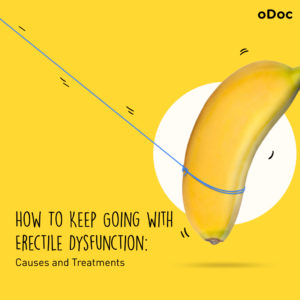
How To Keep Going with Erectile Dysfunction: Causes and Treatments Erectile Dysfunction (ED) is a hard topic for many because it can be awkward to

Menopause Brain Fog is real: A Simple Guide with Symptoms and Treatment Women in their 40s and 50s who are just entering the end of
இப்போது மருத்துவ குறிப்புகளை உடனுக்குடன் உங்கள் இன்பாக்ஸ் இல் பெற்றுக்கொள்ளுங்கள்.